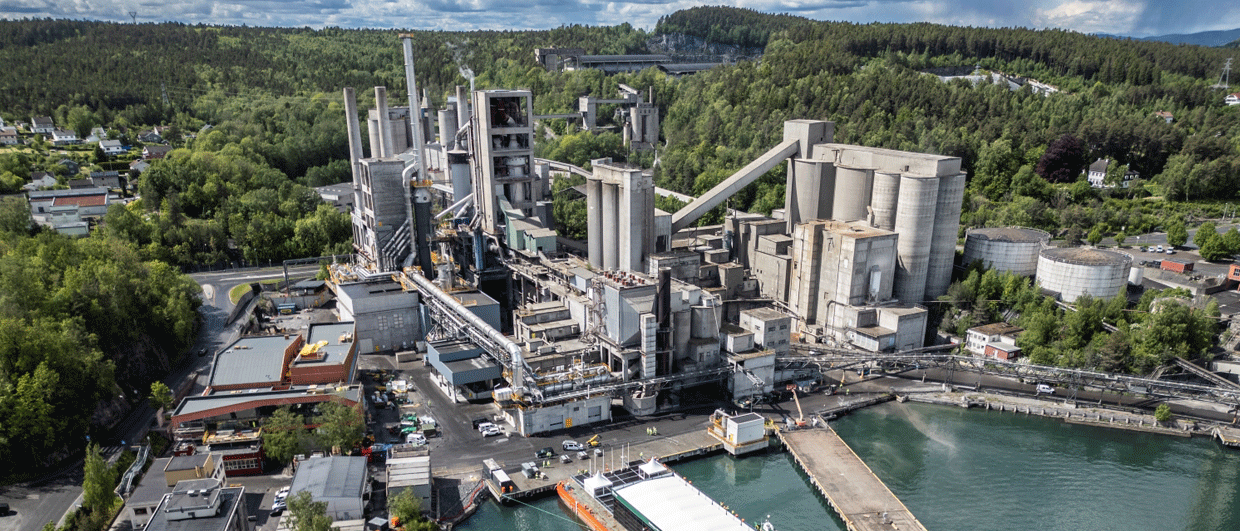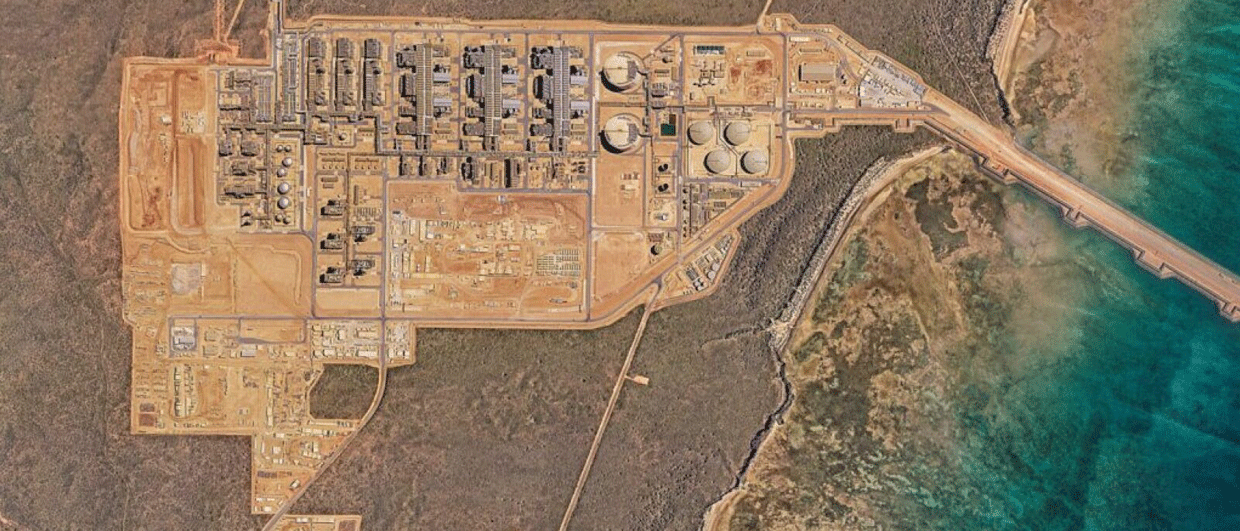 John Underhill, a Professor of Geoscience and Energy Transition at Heriot-Watt University. Image credit: National Data Repository (NDR) and Oil and Gas Authority (OGA).The UK has little to no gas storage capacity and is at risk of becoming overly reliant on renewable energy to keep the lights on this winter, according to John Underhill, a Professor of Geoscience and Energy Transition at Heriot-Watt University.
John Underhill, a Professor of Geoscience and Energy Transition at Heriot-Watt University. Image credit: National Data Repository (NDR) and Oil and Gas Authority (OGA).The UK has little to no gas storage capacity and is at risk of becoming overly reliant on renewable energy to keep the lights on this winter, according to John Underhill, a Professor of Geoscience and Energy Transition at Heriot-Watt University.
Without addressing the need to replenish sources, have secure and reliable supplies and storage, the current crisis is simply a warning of what is to come over the coming winter and beyond.
His comments come as the UK faces steep rises in domestic energy bills as global gas prices soar and several energy suppliers go to the wall.
John Underhill reminds us that as the current energy crisis demonstrates that gas remains an essential part of the energy mix in the UK for at least the medium term. He has voiced his concerns on the run-up to COP26 when world leaders gather in Glasgow to discuss climate change. He said: “Our current energy crisis is a result of a perfect storm of factors including a complete lack of subsurface storage for renewable energy, local supply issues due in part to maintenance of North Sea facilities and a significant decline in our indigenous resources that means we now have a reliance on imports. The current situation underlines why the move to greener, renewable energy is a transition and must not be a cliff edge. At present, the UK’s energy needs are challenged. In fact, we are so stretched right now that the UK even had to restart a coal-fired power station, which is not the best optic in the lead-up to COP26. When that is decommissioned and offline, we will no longer have that safety net.”
The failure of smaller UK energy providers, caught out by the rapid raise in gas process, has affected almost 1.5 million UK customers, bringing the issue of secure energy firmly back into public debate.
“Short of the lights going out, cookers failing to light and radiators going cold, this may be as close as we get to the ‘black swan’ moment where people realise where our energy comes from and our need to ensure there is sufficient home-grown supply, reliable import sources and backup in the form of subsurface storage to avoid shutdowns and other unintended consequences for food supply chains and the like. Until such time that we have a reliable and robust renewable base that more than covers our energy needs, oil and gas has a continued and vital role to play in our energy transition goals and to alleviate fuel poverty. While it’s clear society’s continued reliance on fossil fuels is untenable given climate change predictions, this demand will need to be phased out gradually and emphasises the need for a managed energy transition rather than a hard stop, as we move towards a sustainable, renewable energy future.”
At Heriot-Watt University in Edinburgh, Scotland, John Underhill runs a research programme that is addressing these issues, assessing the critical technical risks, producing a road map of subsurface options and seeking long-term solutions to guarantee energy security for the UK. “We are leading in the effort to train and educate the next generation of Earth Scientists through the UK’s Centre for Doctoral Training (CDT) GeoNetZero programme. The CDT students have a pivotal role to play in finding solutions to our energy needs in the years ahead. Those who study with us before working in this field will be crucial in enabling society to decarbonise, address the United Nation Sustainability goals and move towards a low-carbon sustainable future.”





